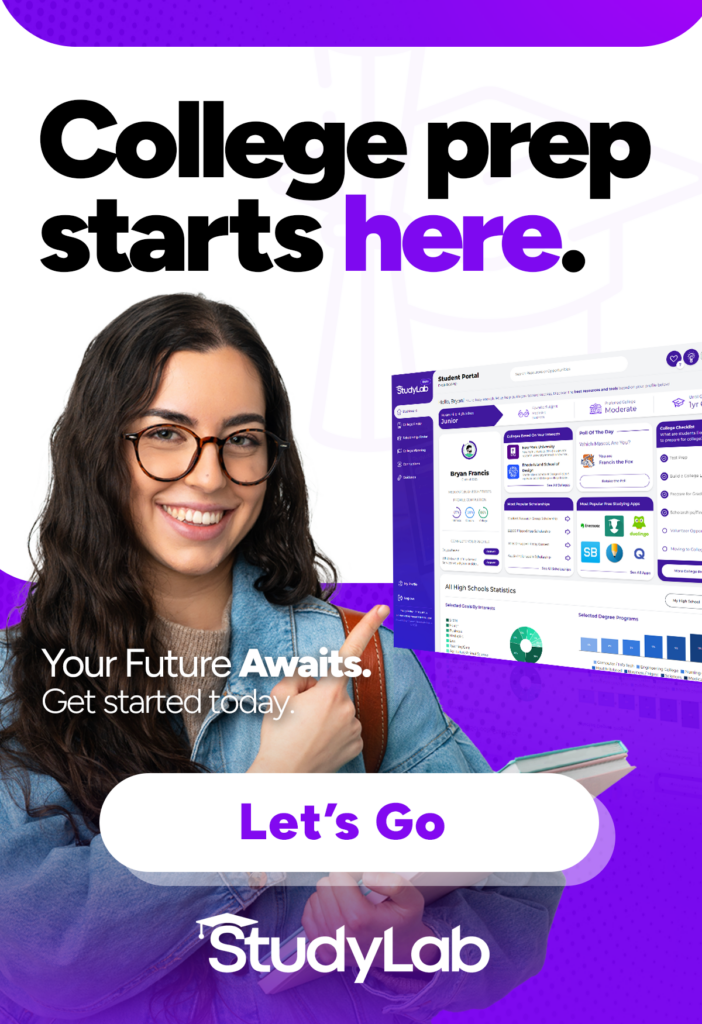Thoughts for Mother’s Day 2019 . . .
Happy Mother’s Day! All of us at the Student Research Foundation want to express our appreciation for the critical role that mothers – and fathers – play in shaping their children’s career choices.
But what kind of influence can parents really have on the way their high school-aged children are thinking about careers? It turns out, a great deal, as research conducted by the Student Research Foundation has found.
In today’s post, we are taking the liberty of interpreting some of our research findings, with an aim of recommending ways parents can support their children as they consider their college majors and careers.
SUGGESTION ONE: Remember that you probably have a bigger influence on your children’s career choices than you realize.
Research from the Student Research Foundation and other organizations shows that even though high school students are closer to making career decisions in their final two years of high school, those students are actively thinking about careers throughout all four years of high school. So the lesson is, don’t wait until your children’s junior or senior high school year to start offering support and guidance. Students need you during all four years of high school, even if their career direction is still unclear.
SUGGESTION TWO: Question your own expertise and opinions.
It might be a hard pill to swallow, but try to remember that your understanding of careers might be based on information and experiences that are now out-of-date. (Sorry, but we had to say that.) So before you suggest that your children pursue a particular career – or discourage them from pursuing it – make sure that your opinion is still valid and grounded in current realities. One way is to talk to the guidance counselors and teachers at your child’s school, who will hopefully be aware of the latest trends in business, technology and career choices.
Parents’ opinions need to be scrutinized. For example, a study conducted by the Institution of Engineering and Technology in the U.K. five years ago found that only 1% of parents believed that engineering would be a good career choice for a daughter. That’s shameful and outmoded, and it underscores the importance of questioning our knowledge before offering advice to our children.
SUGGESTION THREE: Offer resources, not opinions.
Instead of offering advice and opinions to children, try to give them experiences where they can make decisions of their own. Those experiences could be summer internships, specialized summer programs, or summer jobs. Many young people value the discoveries they make themselves more than they value what they are “told” by parents and older influencers. So try to provide experiences that can shape your child’s career thinking.
SUGGESTION FOUR: Influence by example.
We might not have the research to prove it, but we suspect that children are influenced as much by what their parents do as by what they say. So remember on this Mother’s Day that more than you might realize, your professional life could be helping your children find their way in the world. To aid in that process, it could be helpful to talk to them openly about your field, trends, your daily workload, and more. No matter what your work might be, you could be influencing your children more than you realize.
Related Posts
How Are Gen Z High School Students Thinking About Careers Today?
Career Counseling Advice: Tell Your Students the Importance of Loyalty to Employers
The Importance of Career Knowledge
What Influences Student Career Choices?
New Research Findings: What American Colleges Are Doing to Attract Students
How Successful Are Community College Students at Completing 4-Year College Degree
Talk to Your High School Students about Completing College
We Invite You Help Your Students Explore All Their Career and College Options . . .
Have your students participate in the National Career & College Pathway Study to gain new insights about making educational decisions that align with their interests, passions, and aptitudes. Students who complete the free career test for high school students will receive information on college and career opportunities which match their interests.

